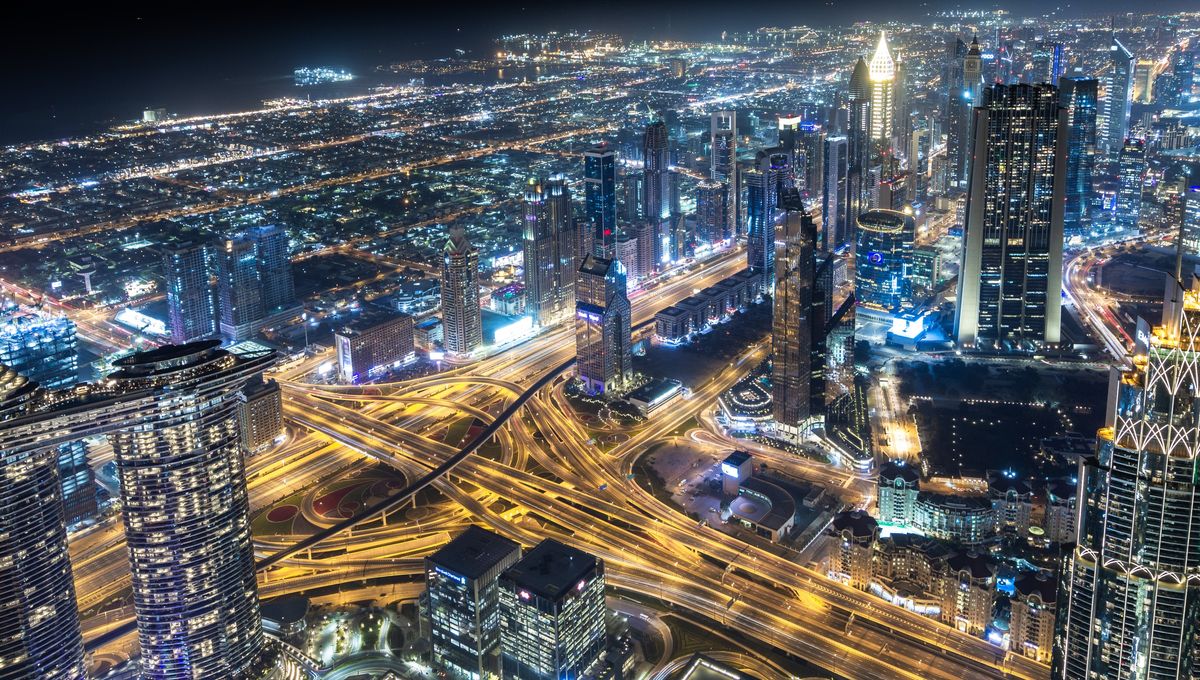
The night sky around the world is getting brighter. Not only has light pollution from human settlements increased dramatically over the last several decades, but the growing numbers of satellites in space are also affecting the ability of darkness to fall, even where no artificial light is to be found.
The faster-than-expected growth in earthly and celestial lights is affecting human and ecological health. It messes with our circadian rhythms and the behaviors of many animal species, such as migratory birds. But it is not just our biology being affected. The night sky is also cultural. Stories, practices, and traditions both religious and secular rely on it.
To address this, Professor Aparna Venkatesan from the University of San Francisco and John C. Barentine from Dark Sky Consulting have developed a term to explain the feeling of loss of the dark skies.
“We offer here the term noctalgia to express ‘sky grief’ for the accelerating loss of the home environment of our shared skies, a disappearance felt globally and deserving its own field of study of ‘nyctology’,” the authors wrote in an e-letter sent to the journal Science.
“This represents far more than mere loss of environment: we are witnessing loss of heritage, place-based language, identity, storytelling, millennia-old sky traditions and our ability to conduct traditional practices grounded in the ecological integrity of what we call home.”
The authors link noctalgia to other stress factors that are affecting the population globally, from the ongoing effects of the COVID-19 pandemic, both in the advent of new variants and long COVID, and the unfolding climate crisis. They also highlight how certain subsets of populations and specific communities are affected more than others, and how many activists and young people are feeling burned out by the many challenges the world faces.
And so we now have “noctalgia” to define that specific feeling of a loss of a dark night sky. The cure for it is not difficult. It mostly needs political will. There are many ways to reduce light pollution. For ground-based pollution, the near-term solution to stop the increase, and even reverse it, is not too difficult to implement, as the authors note.
Space is another matter. The launch of megaconstellations like SpaceX’s Starlink has more than tripled the number of satellites in space. Elon Musk’s company has every right to do so due to the fact that international regulations (from the 1960s) are not up to scratch with the modern world. And yet they are bringing light pollution to places that don’t even have artificial lights.
“Some of the next steps could be: expanding such protections and globally coordinated domestic and international policies for the skies; designation of the skies as intangible cultural heritage by the United Nations; and, expanding the language/protections associated with Earth jurisprudence and the ‘Rights of Nature’,” the team suggested.
You can read the full letter as a reply to the Science Special Issue on Light Pollution from June 2023.
[H/T: Space.com]
Source Link: What Is "Noctalgia"? The Sky Grief Affecting The Modern World